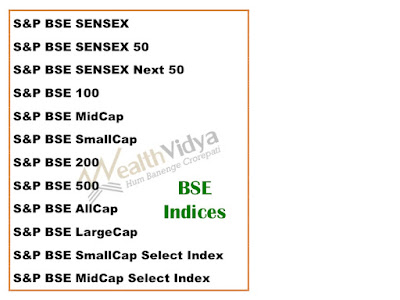Actual Question:
What is the best online platform to buy mutual funds? Is it possible to buy multiple mutual funds from a single platform? If yes, how to buy form an online platform?
Answer:
Dear Friend!
Best Online Platform:
It is not possible for me recommend the best online platform for buying mutual funds. In order to do that one should have the personal experience of having used many platforms, which is not practicable.
In my opinion all major online platforms sponsored by reputed institutions should provide good services. Following platforms I have used and can say are good:
- Kotak Securities - an offshoot of Kotak Mahindra Bank: https://www.kotaksecurities.com/
- India Infoline: https://ttweb.indiainfoline.com/trade/Login.aspx
Is it possible to buy multiple mutual funds from a single online platform?
The answer is a definite YES.
Please see the following screen picture from Kotak Securities:
How to Buy Mutual Funds Online:
Please note that all the steps described here are as to be followed with Kotak Securities trading account. Other platforms may have different procedures/ steps and screens.
Before you can buy mutual funds online, you should have completed the following prior formalities:
- Opened an online trading account with a stock broker.
- Opened an account that keeps the mutual funds in a dematerialised form in a special account which is popularly known as demat account.
- Your Power of Attorney (POA) in favour of the broker has to be registered with the Registrar and Transfer Agent of all the mutual funds. This your broker will take care of with your consent but the process may take three to four working days. When you are buying for the first time and if you are not so registered, you may see a screen as follows:
Now you are ready for buying mutual funds online. lets start.
Step 1/ Screen 1: Login
Log in to your trading account using the login ID, password and the transactional one-time-password (OTP). Please note that the OTP requirement may not be involved in a few platforms or there may be any other method of verification.
Step 2/ Screen 2: Select "Trade Now"
On the top lefthand side corner choose the option "Trade Now" and you will enter the following step/ screen.
Step 3/ Screen 3: Select "Place Order"
When you click on the option "Place Order" the following menu screen displaying various options like 'Equity', 'Derivatives', 'Mutual Funds' and so on will open.
Step 4/ Screen 4: Select "Purchase"
Please click on the button "Purchase" listed under the main head, 'Mutual Fund'.
Now the following screen listing various mutual fund categories of various funds will open.
Step 4/ Screen 4: Select "Action"
Please note that a menu table with five mutual fund types or categories, with various schemes sponsored by multiple funds are listed under each category. You have a really wide variety of schemes to choose from.
Under each fund scheme you have following two action choices are in front of you:
- Buy: This is meant for an one time buying of mutual fund
- SIP: Option to subscribe to a systematic investment plan (SIP) - once you choose this you are committing to a regular purchase, usually monthly.
What type of mutual fund to choose?
As I have repeated many times before for real long-term wealth creation you should only choose a well diversified, low-cost, equity, index fund.
Suggested Further Reading:
In conclusion you can indeed invest in multiple mutual fund schemes from a single online platform and we hope you have learnt how to buy from this article.
Thank you,
With Best Regards,
Anand













